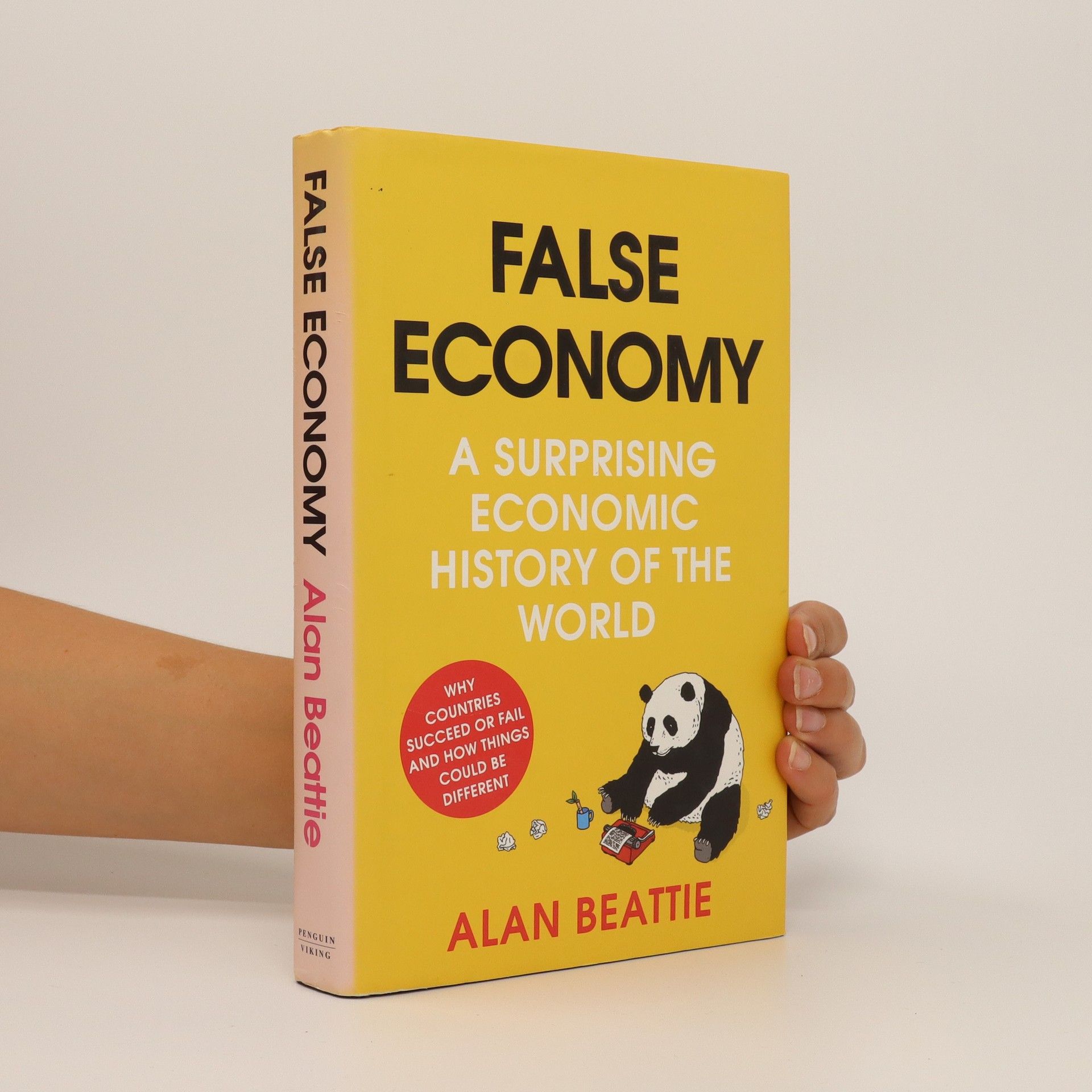False economy : a surprising economic history of the world
- 312 páginas
- 11 horas de lectura
In 2001 Argentina's government bankrupted itself, yet for the past two hundred years it had enjoyed a vista of economic opportunity almost identical to that of the USA. Why did the USA succeed while Argentina stalled? Botswana and Sierra Leone are both blessed with abundant diamonds. Why did Botswana became the world's fastest-growing economy while Sierra Leone suffered a decade of brutal civil war? And why is it that even the governments of the richest and most sophisticated countries in the world are vulnerable to being hijacked by tiny groups of farmers? The path to prosperity is rarely obvious and the sources of success are often unexpected. Time and again, world leaders have failed to learn the lessons of economic history, and their mistakes continue to have surprising and catastrophic consequences. In False Economy, Alan Beattie uses extraordinary stories of economic triumph and disaster to explain how some countries went wrong while others went right, and why it's so difficult to change course once you're on the path to ruin. Along the way, you'll discover why Africa doesn't grow cocaine, why our asparagus comes from Peru, why your keyboard spells QWERTY and why giant pandas are living on borrowed time . . .
